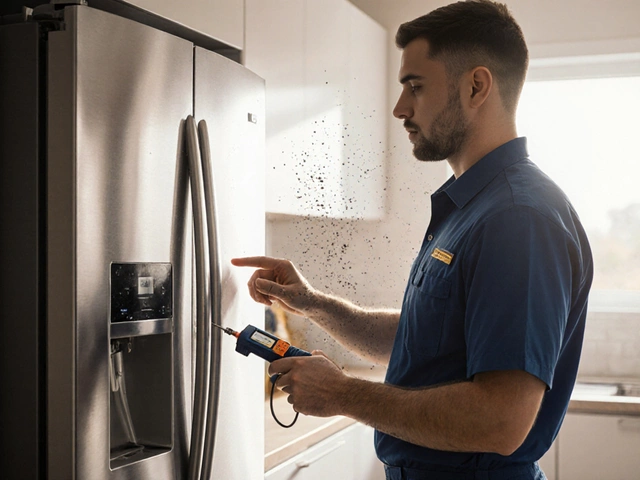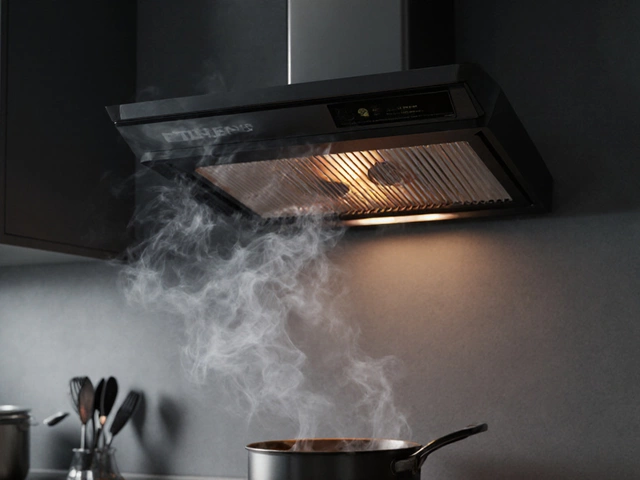Fridge Maintenance: Simple Steps to Keep Your Refrigerator Happy
Got a fridge that’s making noise, smelling weird, or using too much electricity? Most of those issues can be fixed with a quick routine check. You don’t need a tech every week – just a few habits that take under ten minutes.
First off, treat the fridge like a car. Regular oil changes aren’t required, but a quick look‑over can catch problems before they cost you. Below are the everyday actions that will keep your fridge running like new.
Everyday Cleaning and Inspection
Open the door, pull out the shelves, and give everything a wipe with warm, soapy water. Spills left to dry turn into sticky film that blocks airflow and makes your fridge work harder. Pay special attention to the gasket – the rubber seal around the door. If it’s cracked or dirty, the fridge can lose up to 30% of its cooling power. Clean the gasket with a mixture of half water, half vinegar and run a finger around it to feel for gaps.
While the door is open, check the temperature dial. Most fridges work best at 3‑5°C (37‑41°F) for the fridge compartment and -18°C (0°F) for the freezer. If you notice ice build‑up in the freezer, it’s a sign the door isn’t sealing properly or you’re defrosting too often.
Preventing Common Problems
Dust is the silent enemy. The condenser coils – usually at the back or underneath the unit – need to stay clean for heat to escape. Use a vacuum brush or a soft cloth to clear dust every three months. A clogged coil makes the compressor work overtime, raising your energy bill and shortening the fridge’s life.
Watch the food you store. Overloading the fridge blocks airflow and forces the motor to run longer. Keep items a few inches away from the walls and don’t block the vent at the back. Also, avoid putting hot food straight in; let it cool first. Hot items raise the internal temperature and make the fridge work harder.
If you hear a buzzing or clicking sound, it could be the evaporator fan. A quick test: unplug the fridge, wait a minute, then plug it back in. If the noise stops, the fan may need cleaning or a new motor. Most of the time, a brush‑cleaned fan blade solves the issue.
When you’re doing a deep clean, it’s a good moment to check the water filter if your fridge has an ice maker. Replace the filter every six months – stale filters can affect water taste and put strain on the system.
Finally, know when to call the pros. If you notice continuous frost buildup, a leaking water line, or the fridge runs constantly without reaching the set temperature, it’s time for a qualified repair. Trying to fix the compressor yourself can be dangerous and void warranties.
Stick to these quick checks and you’ll avoid most breakdowns, keep food fresh, and save on energy. A well‑maintained fridge isn’t just about convenience – it’s a small investment that protects your food, your wallet, and the planet.






